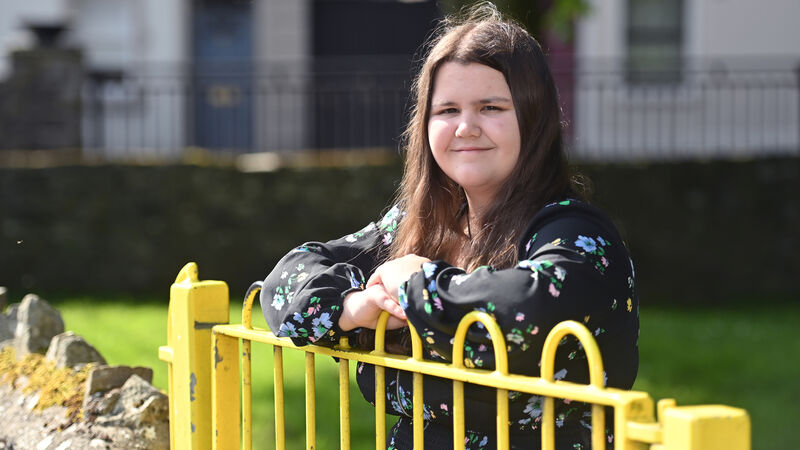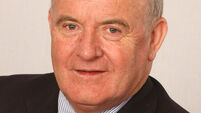Young, ambitious, committed: Five candidates under 25 on why they are running for election

Green Party local election candidate Aisling Maloney who will run in the Roscrea/Templemore constituency. Picture: Dan Linehan
Imagine you’re 23 again. You’re just out of college or have just finished an apprenticeship. You’re taking the first steps into a career you’ve spent years working towards. You might be taking time out to go travelling, or starting a new relationship.
For most people in this age cohort, while politics might still be an important factor in their lives, they are certainly not planning to stick their faces up on plastic posters and litter them across lampposts in towns and cities around the country.














